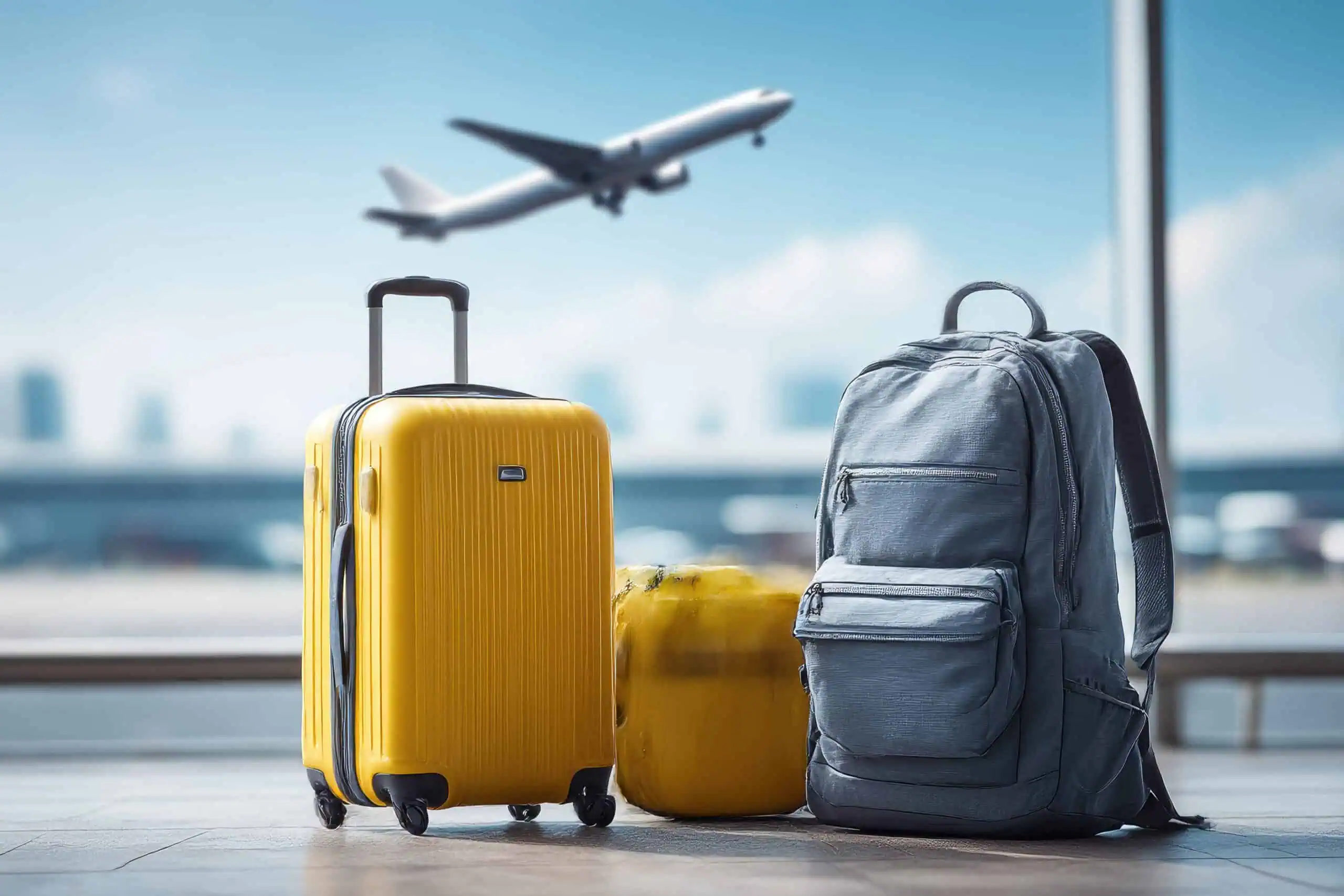There are many factors to consider when planning and budgeting for a trip, including which flights, hotels, and activities to choose. However, one key item often goes overlooked: travel insurance. While it may seem like an unnecessary splurge, travel insurance can give you peace of mind and be the difference between a mere inconvenience and a financial disaster.
Traveling inherently comes with risks. Illnesses, weather-related disruptions, lost baggage, and political instability can be a real drain on even the most carefully planned trips, and without insurance, a minor incident can lead to thousands of dollars in unexpected costs. Emergency medical treatment abroad, for instance, can be prohibitively expensive, and many domestic health insurance policies don’t offer international coverage. Even simple mishaps like a stolen passport or lost luggage can create chaos if you’re unprepared.
Given the relatively modest price of travel insurance compared to the potential financial and logistical fallout of a disrupted trip, it’s clear that this is one area where spending more upfront is a wise investment. But when is it truly necessary, and when might it be safe to skip? Here’s a closer look at what travel insurance typically covers, what it doesn’t, and when it might not be worth the splurge.
Typical Travel Insurance Coverages
Travel insurance generally falls into three main categories: comprehensive travel insurance, medical travel insurance, and annual travel insurance. Travel insurance plans tailored for cruises are also available. A good comprehensive travel insurance policy typically covers several key areas. First, trip cancellation or interruption coverage reimburses you for prepaid, non-refundable expenses if you must halt your trip due to illness, injury, a family emergency, or other covered events. Medical and emergency evacuation coverage includes hospital stays, doctor visits, and emergency transportation to a facility with appropriate care if you become critically ill or injured during your trip.
Baggage loss, theft, or delay coverage reimburses you for personal items if your luggage is lost or arrives late. Travel delay coverage helps with food and lodging if you’re stuck in transit, and it might also cover unexpected costs like child or pet care. Other coverages include accidental death and dismemberment insurance, 24/7 travel assistance services, and rental car damage protection. Comprehensive plans bundle these together, and you should also consider purchasing an annual insurance plan if you travel frequently.
What Travel Insurance Typically Doesn’t Cover
While it offers broad protection, travel insurance doesn’t cover everything. Most policies exclude pre-existing medical conditions unless you purchase a waiver. If you have a chronic illness or a recent health issue, any complications may not be reimbursed. Adventurous activities like scuba or skydiving may be excluded unless you buy additional adventure sports coverage. Civil unrest, epidemics, or pandemics are also commonly excluded unless specified otherwise in the policy. You’re also unlikely to be covered for travel booked against government travel advisories, acts of war or terrorism, and cosmetic surgery.
When Travel Insurance Isn’t Necessary
There are times when travel insurance isn’t necessary. For instance, if you’re taking a short domestic trip with minimal expenses and have flexible cancellation options, you may not need coverage. Medical coverage may be redundant if your health insurance covers care in your destination and you’re not engaging in risky activities. Many U.S. travelers already have some protection through credit card benefits, which can cover trip cancellation, delay, or lost baggage. Check your card’s policy before buying extra insurance.
Non-refundable costs are a key thing to consider. If your bookings are all refundable or low-cost, insurance won’t offer significant value. A stay with family and friends, where you have no or few prepaid expenses is one such example of a trip where travel insurance might not be necessary. Ultimately, it depends on your level of risk and the specifics of your trip.


